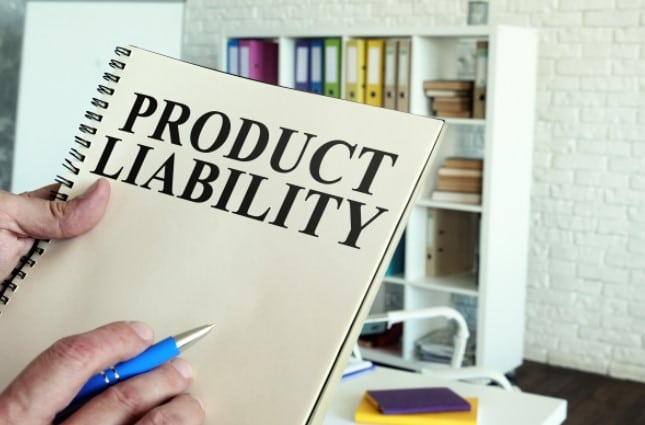
Household products are often used daily without much thought to their potential dangers. Unfortunately, defective or dangerous household products can cause serious injuries, such as burns, cuts, and even death. If you or a loved one has been injured by a household product, you may be able to sue the manufacturer or seller of the product for damages.
To succeed in a lawsuit against the manufacturer or seller of a defective or dangerous household product, you will need to prove that the product was unreasonably dangerous and that the defect caused your injuries. There are three types of defects that can make a product unreasonably dangerous: design defects, manufacturing defects, and marketing defects.
A design defect is a flaw in the design of the product that makes it inherently dangerous, regardless of how it is manufactured. For example, if a cleaning product is designed in such a way that it is easy to accidentally ingest, it may be considered defectively designed.
A manufacturing defect is a flaw that occurs during the manufacturing process that makes the product more dangerous than it should be. For example, if a ladder is manufactured with a weak or defective hinge, it may collapse during use and cause injury.
A marketing defect is a failure to provide adequate warnings or instructions for the safe use of a product. For example, if a cleaning product is sold without adequate instructions for use or warnings about the risks of ingestion, it may be considered defectively marketed.
To prove that the product defect caused your injuries, you will need to show that the defect was the direct cause of your injuries and that you were using the product in a reasonably foreseeable manner. For example, if you were using a ladder to clean gutters and the hinge failed, causing you to fall and sustain injuries, you may be able to sue the manufacturer of the ladder for damages.
If you are successful in your lawsuit, you may be able to recover damages for medical expenses, lost wages, pain and suffering, and other losses. In some cases, punitive damages may also be available if the manufacturer’s conduct was particularly egregious.
It is important to note that in some cases, the manufacturer or seller of a defective or dangerous household product may issue a recall or offer compensation to victims of the product. If you are injured by a household product, it is important to document your injuries and contact an experienced personal injury attorney to discuss your legal options.
To avoid injuries from defective or dangerous household products, it is important to follow all instructions and warnings for use, keep products out of the reach of children, and monitor the condition of products over time. If you become aware of a product recall or safety issue, it is important to take immediate action to protect yourself and your family.
In conclusion, if you are injured by a defective or dangerous household product, you may be able to sue the manufacturer or seller of the product for damages. To succeed in a lawsuit, you will need to prove that the product was unreasonably dangerous and that the defect caused your injuries. To avoid injuries from household products, it is important to follow all instructions and warnings for use, keep products out of the reach of children, and monitor the condition of products over time.

